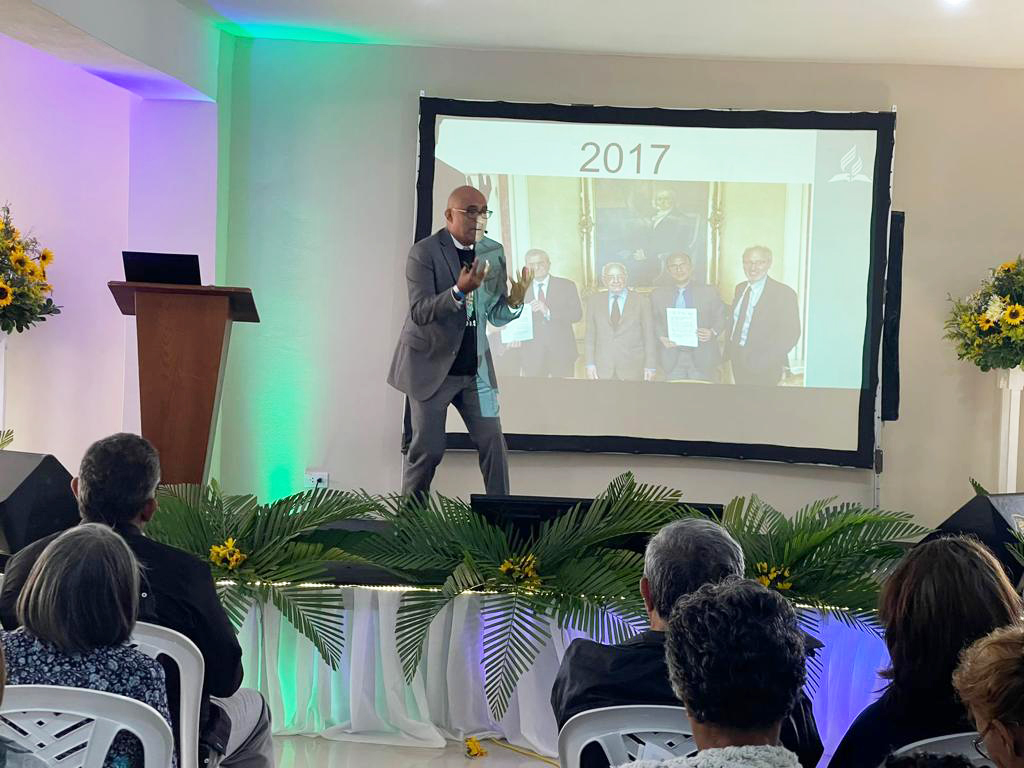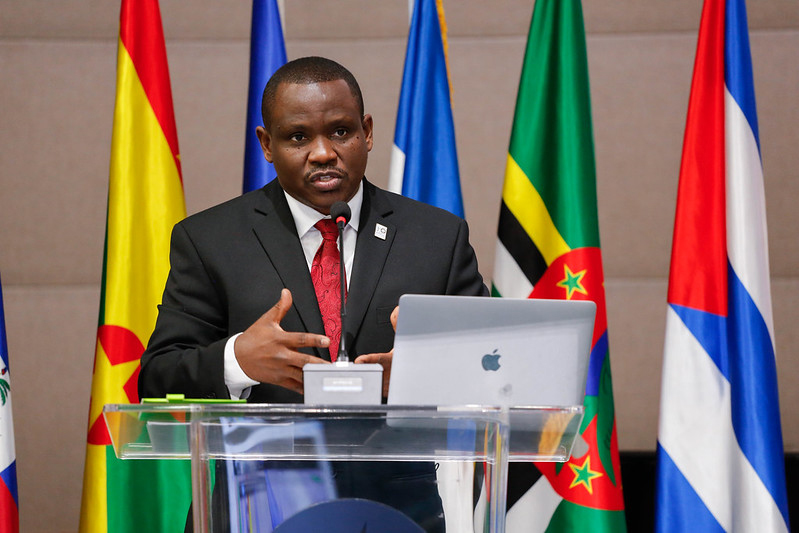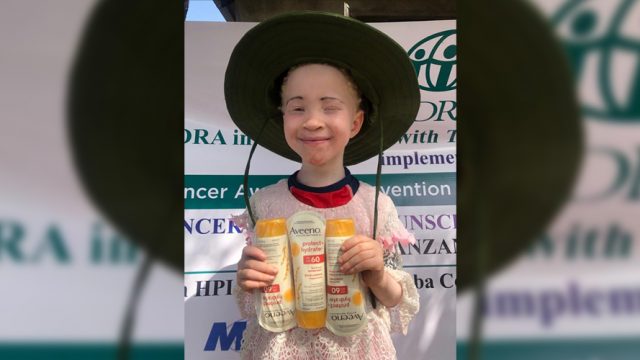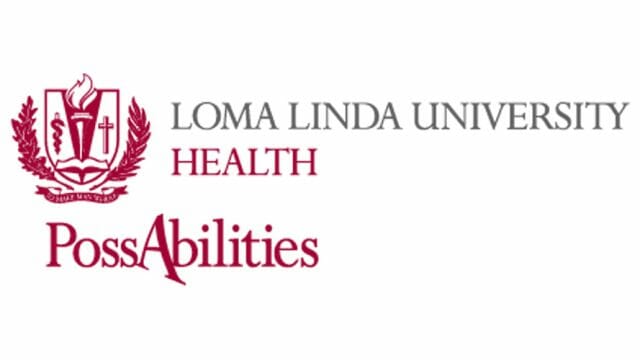Adventist health-care practitioners from across the Republic meet to network and be inspired.

Under the theme, “Rise Up and Shine,” the Dominican Republic Association of Adventist Health Professionals (ADOPAS) held its ninth biannual conference at Najayo Beach near Santo Domingo in late January. The event focused on the Seventh-day Adventist health principles known as the health reform message, organizers said.
More than a hundred physicians, bio-analysts, nurses, psychologists, physical therapists, pharmacologists, nutritionists, and other health professionals networked, enjoyed various learning experiences, took part in spiritual reflections, and impacted the community.
The event included specialized topic presentations by Franck Généus, health ministries director for the Inter-American Division of the Adventist Church; Chiapas Mexican Union health ministries director Faustino de los Santos; and North Mexican Union health ministries director Roel Cea. Cea also coordinates health ministries at Montemorelos University.
In their presentations, Généus, de los Santos, and Cea shared cognitive and technological tools with participants. The tools can be used for comprehensive care of each person’s own health and the health of the family, the church, and the community, fostering international networks of partnerships and research that the Adventist Church has for its health professionals, they explained.
Paulino Puello, president of the Adventist Church in the Dominican Republic, encouraged Adventist health professionals to deepen their personal relationship with God in order to take care of their personal needs. “In that way, you will be able to be in optimal state and give your best to also assist those who come in search of health services at the places where you serve,” Puello said.
The three-day event concluded with words of encouragement from Maricela Ramírez, health ministries director of the Adventist Church in the Dominican Republic. Ramírez challenged Adventist health professionals to fulfill their mission of healing and saving. “Make a commitment with God to be a light amid the darkness of disease.”
The Voice of Attendees
Several attendees to the ADOPAS Congress highlighted the spiritual blessings they received by participating in this year’s event.
“I think this event was a great blessing because leaders highlighted the wonderful work we are called as Adventist health professionals to accomplish and the great field where we can serve,” Marleny Tavarez said. “When we are willing to let Jesus shine through our service in the area of health, the Holy Spirit will touch many souls,” she added.
For Raysa Feliz, the ADOPAS Congress was a spiritually enriching experience. “We were shown which focus we should have as health professionals who serve God,” she said. “We were reminded that we are not alone in our work, because God has workers all across Inter-America and around the world who are devoted to preserve everyone’s health, heal, and save. Even God Himself is interested that we are healed and saved.”
A Leader’s Appraisal
In assessing the event’s impact, Généus said the event moved Adventist health-care professionals to renew their commitment to helping advance the church’s mission as they serve the community and take personal commitments to improve their health outcomes.
He also highlighted how meaningful the 2023 event was. “This annual convention of ADOPAS in Dominican Republic marked the rebirth of a movement halted by COVID-19 and other challenges,” Généus said. “More than 500 health-care professionals in the region are looking forward to proactively contributing to sharing the gospel via the comprehensive health ministry movement.”
Généus praised their collaboration in projects and their service as health professionals to the church. “This association is a mature organization with solid support for the leaders of the church and a strong leadership structure,” he emphasized.
Advocating a Paradigm Shift
In his message to Adventist health professionals, Généus recommended a paradigm change in the role of Adventist health-care professionals in the fulfillment of the mission of the church. Leaders believe that Adventist health-care professionals have needs that are not necessarily well addressed by the church, he added. Those needs can be personal, professional, and spiritual, and can be substantially different from those of other church members, he said.
Personal needs can be as complex as the management of family life, work-life balance, a higher rate of divorce compared to other groups in the community, a higher rate of drug addictions, and poorer quality of health when compared with other members of same social and economic status, Généus explained.
“Professional needs are, among others, access to continuous training and medical education. Adventist health-care professionals are expected to reach excellence in their practice as flagbearers of the vision of the Adventist health ministry,” Généus said. It’s all about practicing with professionalism, delivering high-quality services, “to practice with compassion the wholistic health message based on the Bible, on the Spirit of Prophecy, and scientific evidence–based practices,” he emphasized.
The Role of the Church
Généus said leaders believe the church can play an essential role in Adventist health professionals’ spiritual development. The church can accompany the spiritual growth of the health professional, support an alignment between faith, spirituality, and modern secular scientific approaches; and provide ongoing opportunities for training and professional development, among others.
“We believe that the Christ-centered health care ministry of Adventist health professionals is a valuable contribution to the greater good of humanity and advances the cause of God by applying Christ’s soul-winning method,” Généus said.
The original version of this story was posted on the Inter-American Division news site.











